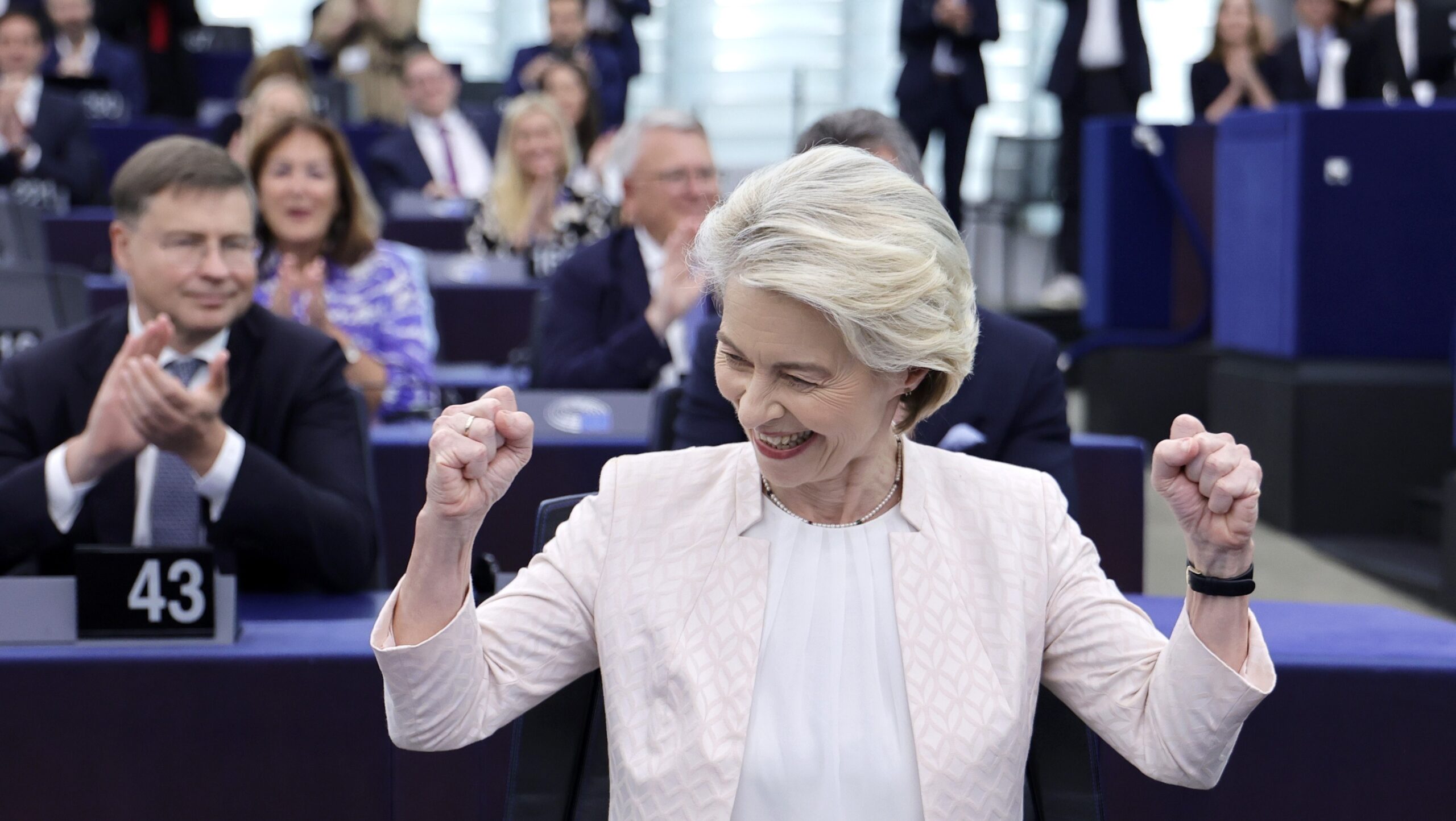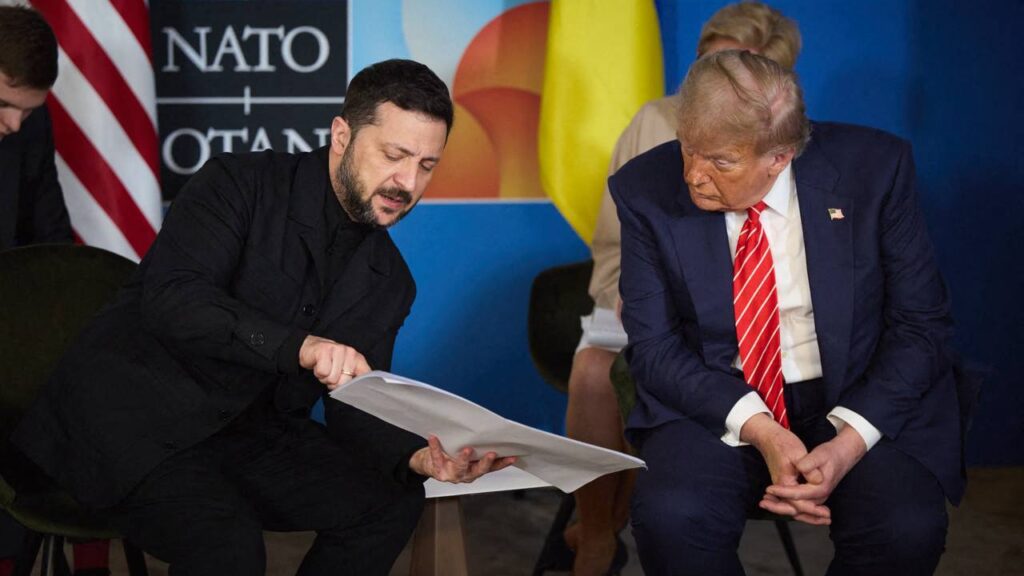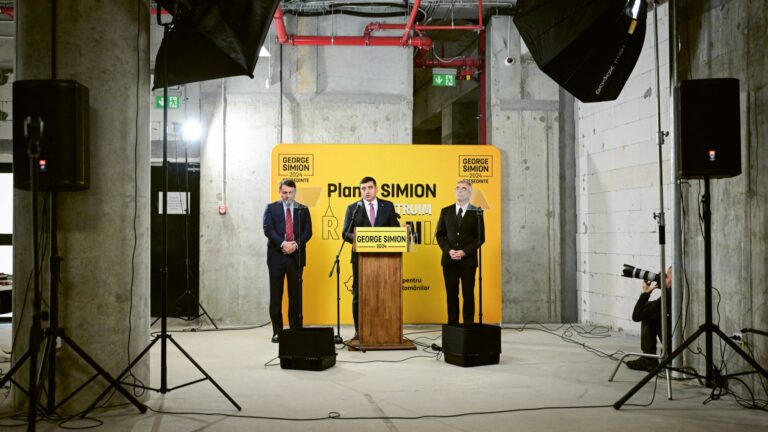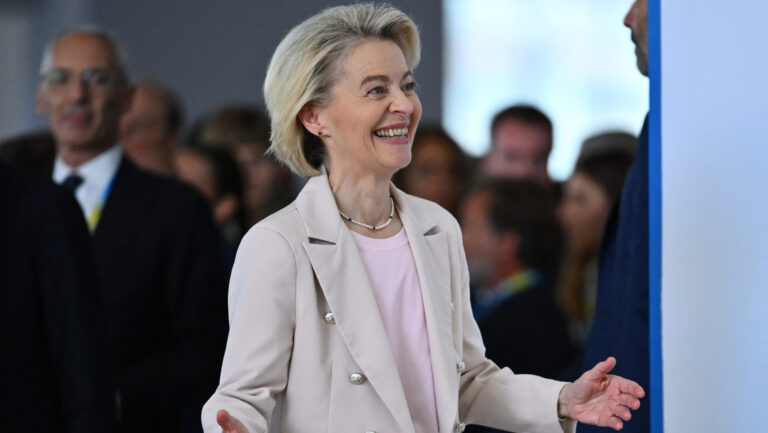The following is a translation of an article written by the Minister for Regional Development and Public Administration and researcher at the Europe Strategy Research Institute Tibor Navracsics, originally published on Ludovika.hu.
On 18 July 2024, the day the European Parliament held a vote of confidence and supported the renewal of the five-year mandate of the current Commission President Ursula von der Leyen, the President of the European Commission unveiled her programme Europe’s Choice. The political priorities, published at the same time as the presidential candidacy became official, are in fact the next step in the process of setting up the new European Commission.
The document will become a kind of programme for the new body. It will not only set out the President’s preliminary vision for the next five years but also a detailed policy agenda that will define the internal division of labour within the new Commission. The policy priorities include general principles, detailed policy plans, and structural ideas, so reading the document gives a good insight into the principles on which the Commission is building and the priorities it intends to pursue.
The structure of the document follows the traditional European perspective, which is well-established in terms of its history. After the foreword, which contains mainly declarative elements of a political nature, the main focus is on the pending issues of economic integration. In this area,
the focus for the next five years will be on a so-called European agenda for prosperity, which the Commission President intends to set out in six basic elements.
First, there will be steps to deepen the internal market and facilitate business activities, followed by a Pure Industrial Agreement. The latter aims to drive down energy prices and decarbonize the economy.
As a next step, Ursula von der Leyen wants to put research and innovation at the heart of the economy and increase efficiency through the spread of digital technologies. Finally, the Commission President intends to encourage massive investment in sustainable competitiveness, as well as tackle employment and training problems.
It is telling of the context of our times that the issue of European defence and security is now only the second heading in the political priorities, ahead of many other traditional issues. Here, the aim is to create a European Defence Union, a process that will be facilitated by the appointment of a Commissioner for Defence, the first in the history of the European Union. However, defence and security are not just about resisting external threats. The document thus sets the objective of developing a European Internal Security Strategy, a strategy on port security, and a counter-terrorism agenda. Ursula von der Leyen also calls for the development of a European Strategy on Migration and Asylum as part of a stronger and more secure border management, which will provide the policy framework for the migration pact.
The protection chapter is followed by the social policy ideas of the new Commission. The focus is clearly on implementing the European Pillar of Social Rights. This will be served by the first anti-poverty strategy in the history of European integration and an agreement on European social dialogue. Housing will also be a major focus over the next five years, for which a separate Commissioner will be appointed by the former-new President to develop a European framework.
Besides, quality of life, including food safety, as well as water- and environmental protection, will also be a specific chapter in the political priorities. In addition to creating the conditions for food sovereignty, a central element is the tightening of food safety criteria. The new Commission will have a dedicated commissioner for fisheries and oceans who will oversee the conservation of saltwater habitats, with the European Ocean Agreement providing the policy backdrop.
The chapter on the protection of democracy largely focuses on the protection of the flow of information and on possible solutions to rule of law issues. In this context, Ursula von der Leyen will take the initiative of creating a European Democracy Shield, which would primarily protect against future information manipulation.
Creating and strengthening an institutional framework for debates and evaluations on the rule of law is also an ambition of the Commission President.
Finally, and in keeping with tradition, the last chapter is devoted to the European Union’s vision of its global role. In addition to the expression of solidarity with Ukraine, the issue of enlargement, which has been on the agenda of the new Commission with a determination not seen in recent times, has been given a prominent place as well. As a sign of this, Ursula von der Leyen said it was important to announce that she would appoint a new specific Enlargement Commissioner to the new Commission.
The Europe’s Choice programme will be the working document on the basis of which the Commissioners designate will receive their portfolios and, when they take office, the mandate in which the Commission President will set out their work and expectations for the next five years. And the implementation of these visions will be the task for this period to come.
Related articles:
Click here to read the original article.








